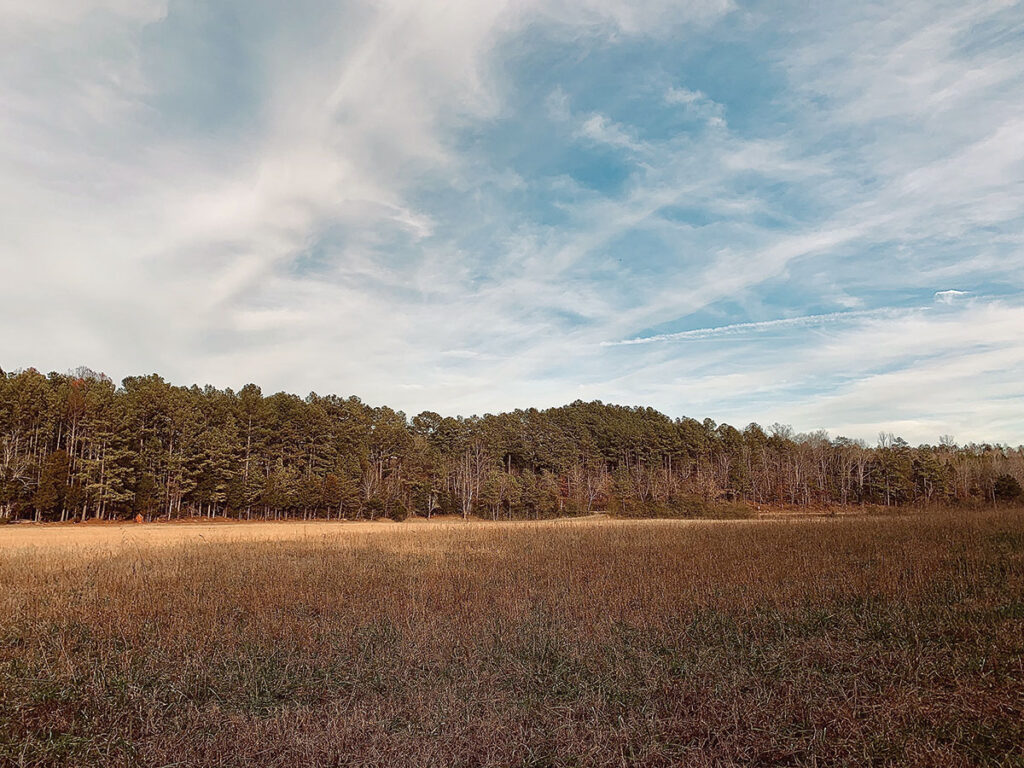
Planting and stockpiling during a drought
Drought conditions this summer have producers analyzing what steps they should take to prepare their pastures for fall and winter.
Due to the absence of any significant rainfall, producers may need to take a different approach to pasture management compared to years past. Forage specialists recommend several management practices to help fill the gaps caused by the drought.
Stockpiling Benefits
Stockpiling serves as an effective tool to offset a dry summer. This requires a producer to keep cattle off a field, allow it to grow and then put cattle on it later in the year to graze. Forage specialists say in order for stockpiling to be successful the pasture must be grazed or clipped close.
In addition, the field needs approximately 50 units of nitrogen for it to accumulate enough dry matter growth to make a difference. “That may mean that a farmer has to feed a little hay now in order to not have to feed as much later,” Brad Runsick, Baxter County, Ark., extension agent, said.
When to Stockpile
Forage specialists recommend starting to stockpile Bermudagrass the first of August and fescue the first of September. “Not only does it mean less hay feeding in November through January, but that stockpile quality will often far exceed that of what’s in a round bale,” Runsick stated.
Runsick recommends letting cattle start to graze stockpiled Bermudagrass around mid-October and stockpiled fescue around Thanksgiving. If producers put up hot wire to encourage strip grazing, then they will see additional benefits. This allows the grazing season to be extended further into winter.
Planting Annuals
Spending time and money to plant annuals can be a bit risky. There is no guarantee of plentiful rain on the horizon. If the drought extends deep into fall, all the effort could be fruitless. However, experts point out if producers take no action, then they will certainly have nothing to reap. “It’s a gamble, but if nothing is done, you can guarantee that there won’t be fall and winter pastures,” Runsick said. “Seed and fertilizer costs have risen, of course, but the alternative is possibly selling off a cow herd.”
If producers want to plant summer annuals such as pearl millet, sorghum-Sudan, corn or browntop millet, they should plant in late-August to be grazed in October. For oats, brassicas (fall only), cereal rye, wheat and ryegrass producers should plant according to when they will need the annuals for grazing. If they are targeting fall grazing, seed needs to be in the ground no later than September 10.
However, if producers want the annuals for spring grazing, they should delay seeding until mid-October. “If (and it may be a big “if”) there is much grass left in the field, some light tillage or, if in Bermudagrass, even a light rate of glyphosate will help yields of the annuals,” Runsick added. “It won’t hurt the underlying grass enough to matter as it’s either burned up from the drought or going dormant.”
When deciding whether to plant annuals or stockpile, forage specialists recommend evaluating the condition of the fields. If the pastures are in bad shape, planting annuals is a better option. If there is still a decent forage base, stockpiling may be the better choice.
Area agronomists recommend producers keep in mind fescue pastures may be dormant and not dead. Therefore, producers should be cautious when considering whether to inter seed a winter annual.
“If we are in a drought, winter annuals may not come up well either and if they do, it could crowd out fescue that’s trying to come back,” Jill Scheidt, agronomy specialist with the University of Missouri Extension, advised.
Experts state during drought conditions, producers may need to implement different pasture management strategies. Scheidt recommends producers be careful not to overgraze or mow low when making hay. She suggests following the “one-third rule” or the “take half leave half rule,” whichever works best for the operation.






